Southeast Asian leaders voiced disappointment at the Myanmar junta during the first day of their annual meeting on Tuesday while also expressing concerns over the situation in the member state, which has been in chaos since a February coup.
The three-day annual ASEAN summit began on Tuesday without a representative from Myanmar after the regional bloc’s decision to bar coup-maker and junta leader Min Aung Hlaing from attending.
Cambodian Prime Minister Hun Sen, who will be the group’s chairman next year, said in his opening remarks during the ASEAN minus one summit that, “Today, ASEAN did not expel Myanmar from [the] ASEAN framework. Myanmar abandoned its right.”
“Now we are in the situation of ASEAN minus one. It is not because of ASEAN, but because of Myanmar,” Hun Sen said.
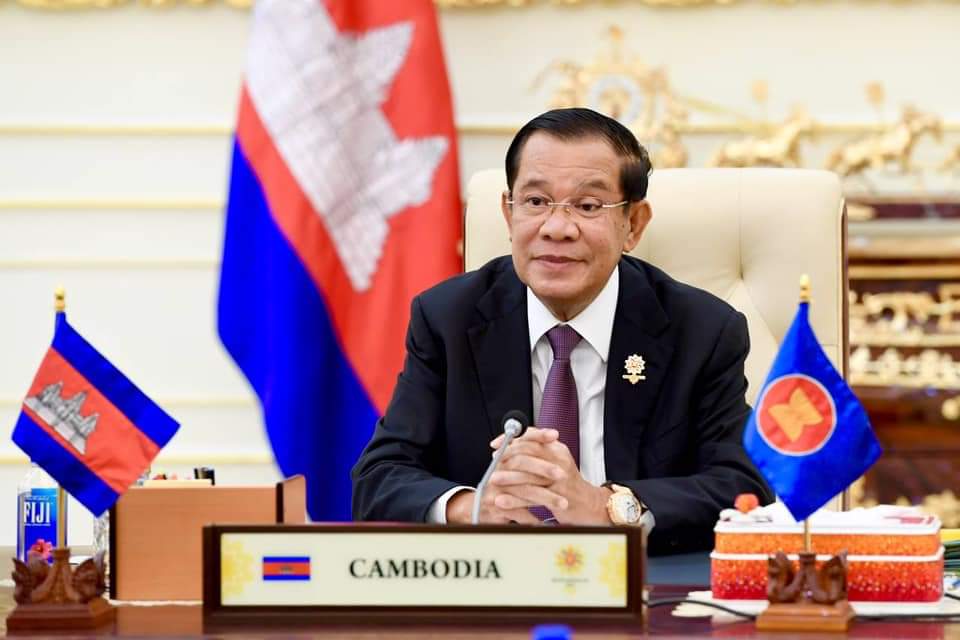
In a rare bold step for ASEAN, which doesn’t normally make any decision that could be seen as “interference” in one of its member state’s affairs, on Oct. 15 it decided not to invite Min Aung Hlaing to its annual summit for ignoring a five-point plan he agreed with the regional bloc in April to end the political crisis triggered by the coup.
The bloc instead invited the participation of a non-political representative but the junta rejected the invitation, saying it would only agree to its leader or a minister attending.
As the virtual gathering started on Tuesday, the place that was supposed to be occupied by Myanmar’s representative in the now-customary grid of video feeds was replaced with a blank blue background.
In his remarks to leaders, Indonesian President Joko Widodo said, “ASEAN’s decision to invite Myanmar’s representatives on a non-political level to the summit was a tough decision, but one that had to be done.”
According to Indonesian Foreign Minister Retno Marsudi, Jokowi, as the president is known, regretted Myanmar’s unwelcome attitude toward ASEAN’s offer as a family to help Myanmar out of its political crisis.
However, Jokowi reminded fellow regional leaders, “It is important for us to honor the principle of non-interference. But on the other hand, we are also obliged to uphold other principles in the ASEAN Charter such as democracy, good governance, respect for human rights and a constitutional government,” Retno told reporters at a press briefing.
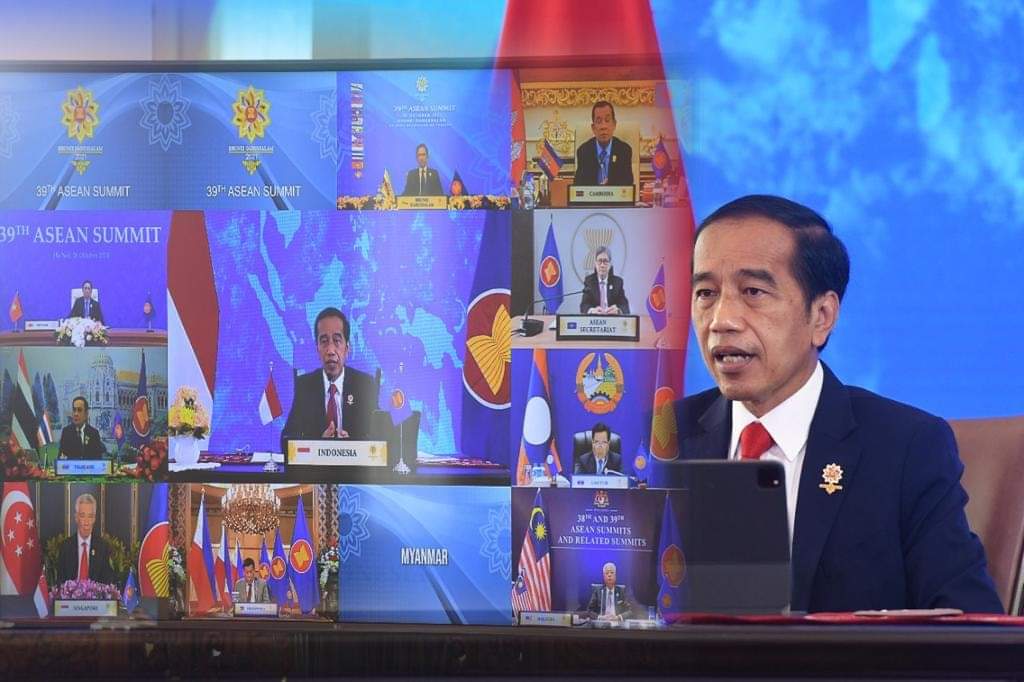
Other leaders also backed current ASEAN chair Brunei’s decision on the Myanmar representative.
After Tuesday’s meeting, Malaysian Prime Minister Ismail Sabri Yaakob said on Twitter that he fully supported Brunei’s decision on Myanmar’s representation.
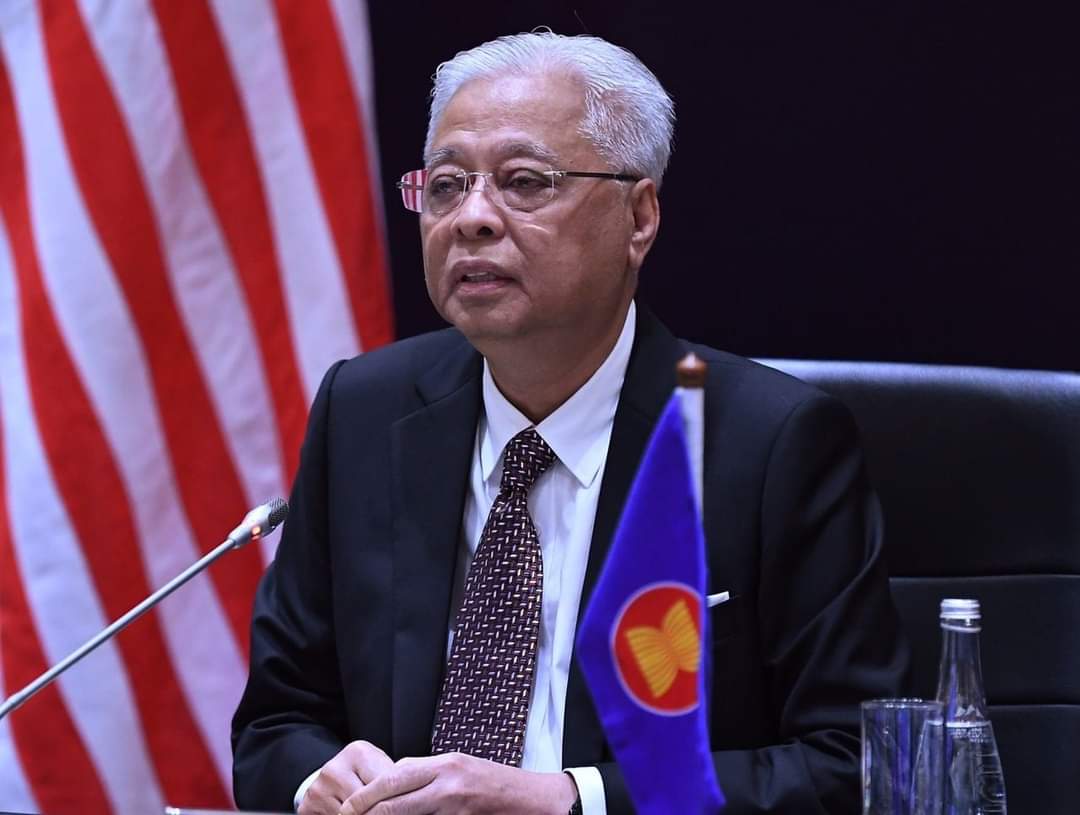
Singapore Prime Minister Lee Hsien Loong on Tuesday said, “We are disappointed by the lack of tangible progress in the implementation of ASEAN’s five-point consensus.”
He urged Myanmar’s military authorities to cooperate fully with the ASEAN envoy, while noting that Singapore was “gravely concerned” about the situation in Myanmar, including the ongoing violence.

Thai Prime Minister Prayuth Chan-o-cha, a retired general considered the ASEAN leader closest to Myanmar’s coup-makers, urged Myanmar to implement a five-point roadmap it agreed with ASEAN. Prayut said the issue was crucial for ASEAN’s reputation and a test of its resolve.
“ASEAN’s constructive role in addressing this situation is of paramount importance and our action on this matter shall have a bearing on ASEAN’s credibility in the eyes of the international community,” Prayut said, according to his office.
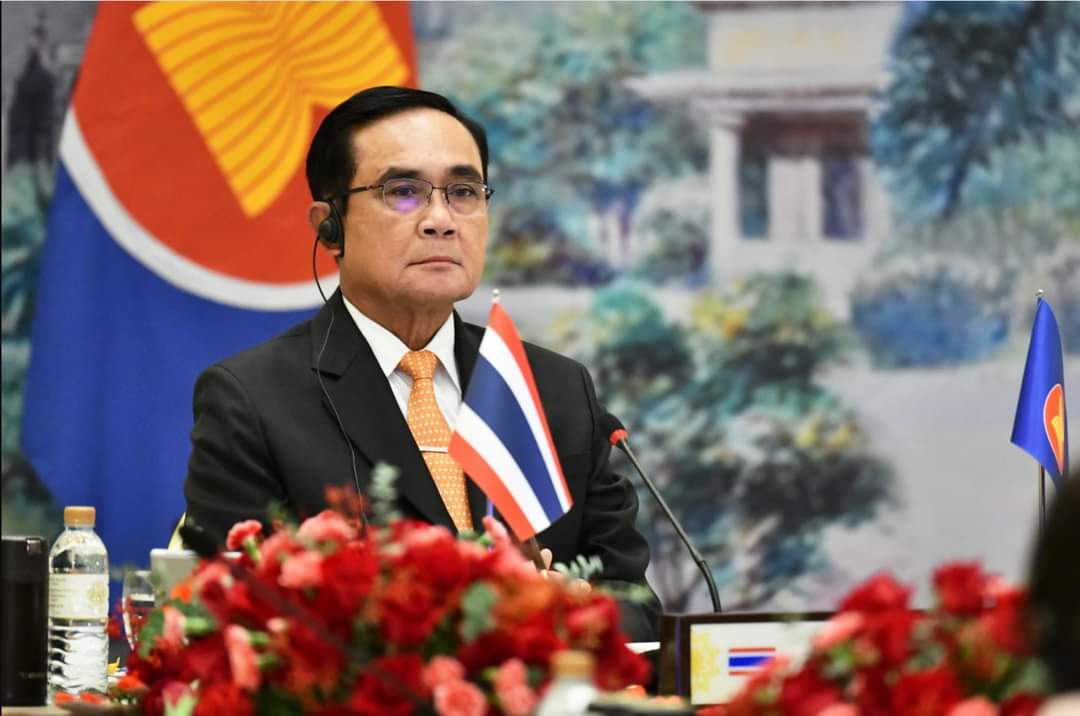
A statement issued by the ASEAN chair late on Tuesday called on the junta to fulfill its commitment to the five-point consensus, which includes giving a special envoy to Myanmar access to all political parties. But the junta has ruled out allowing the envoy to meet Daw Aung San Suu Kyi, the detained leader of the ousted civilian government.
“We reiterated that Myanmar remains a member of the ASEAN family and recognized that Myanmar needs both time and political space to deal with its many and complex challenges,” read the ASEAN chairman’s statement.
“We remain committed to supporting Myanmar in its efforts to return to normalcy in accordance with the will of the people of Myanmar,” Brunei’s Sultan Hassanal Bolkiah said in the statement.

Philippine President Rodrigo Duterte urged regional leaders during Tuesday’s meeting to stand with the country to resolve the conflict peacefully while prioritizing the welfare of its people.
“The President urged all parties in Myanmar to engage in constructive dialog, stressing that the ASEAN Special Envoy must be allowed to visit Myanmar soon to meet all relevant parties,” his office said in a statement.
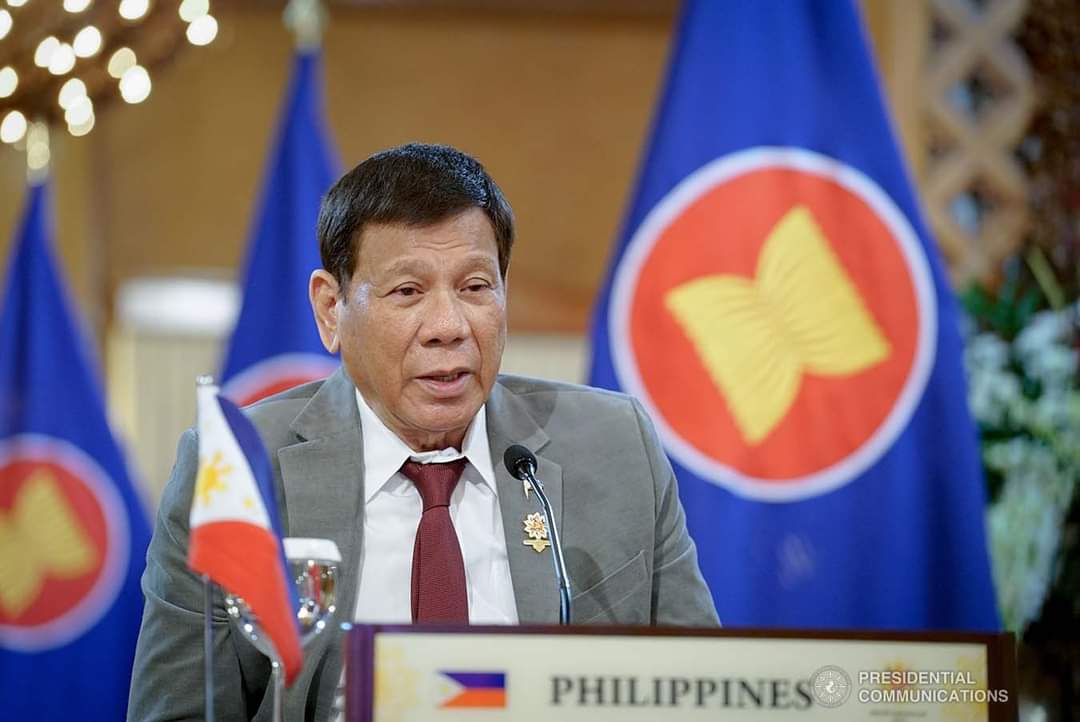
ASEAN groups Brunei, Cambodia, Indonesia, Laos, Malaysia, Myanmar, the Philippines, Singapore, Thailand and Vietnam. Myanmar joined in 1997 under a previous military government.
US President Joe Biden joined Southeast Asian leaders in rebuking the junta on Tuesday, saying he supported ASEAN’s efforts to hold the Myanmar military regime accountable to the consensus to end the violence in Myanmar.
As he participated virtually in the joint summit, Biden expressed grave concerns about the military coup and horrific violence in Myanmar, and called on the regime to immediately end the violence, release those unjustly detained and restore the country’s path to democracy.
In it latest statement, the regime said Myanmar’s absence at the ASEAN summit was not intended as a protest or boycott of the regional bloc, but was due to ASEAN’s refusal to allow the head of state or head of government or Myanmar, or his ministerial-level representative, to attend.
The junta has responded bitterly to its leader’s exclusion, issuing a series of announcements. In its previous statement, the Ministry of Foreign Affairs said it was very disappointed with ASEAN’s decision to exclude Min Aung Hlaing from the summit and condemned the move.
You may also like these stories:
Thousands More Villagers Flee Myanmar Junta Raids
ASEAN Parliamentarians Call For Recognition of Myanmar’s Civilian Government
Myanmar’s Civilian Government Asks Thailand for Cross-Border Humanitarian Aid

















